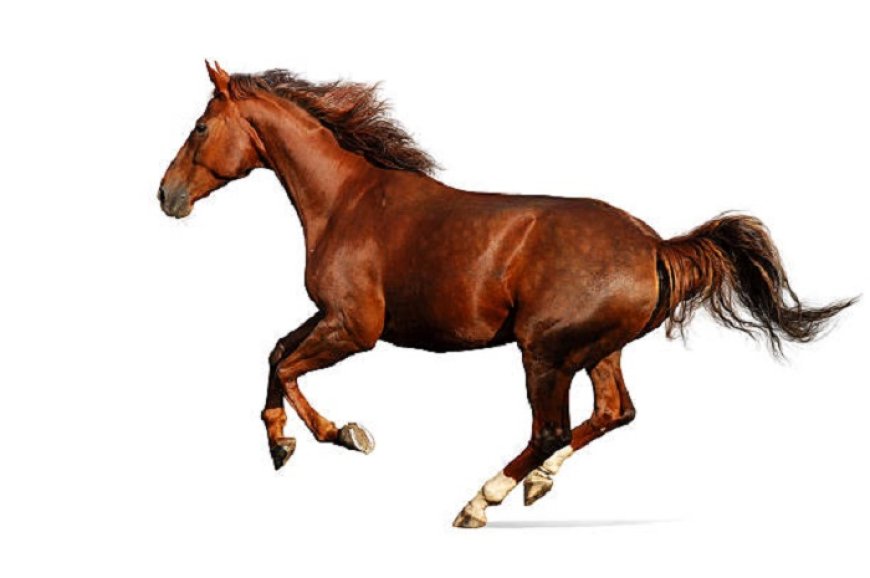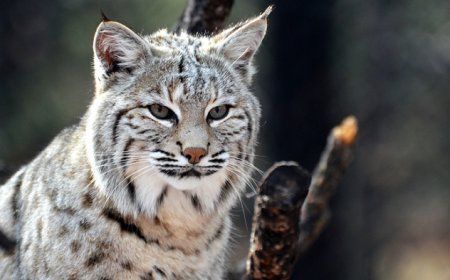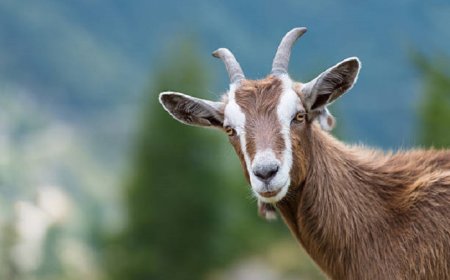Horse Symbolism: Bravery, Freedom, and More
The term horse symbolism encompasses a wide range of meanings, from courage in the face of adversity to the pursuit of unbounded freedom.

Throughout human history, animals have played important roles not only in survival but also in shaping belief systems, art, and language. Among these animals, the horse stands out. Its strength, grace, and partnership with humanity have made it a profound symbol across cultures and centuries. The termhorse symbolism?encompasses a wide range of meanings, from courage in the face of adversity to the pursuit of unbounded freedom.
Horses have accompanied humans in war, exploration, ceremony, and labor. Their speed and power changed the course of civilizations. More than just beasts of burden, they have stirred the human imagination, becoming symbols of both wild nature and noble service. Whether galloping across open plains or standing proud in ancient carvings, the horse represents more than what meets the eye.
This article explores the deeper meanings behind horse symbolism, examining how this majestic creature reflects bravery, freedom, strength, spirituality, and personal growth. As we uncover these meanings, we gain insight into why horses continue to capture the human spirit.
Bravery: The Warrior Spirit
In ancient times, horses were often seen on the battlefield, carrying warriors into combat. Their very presence became linked with courage and honor. To ride a horse into war was to trust the animal with one's life. This trust and shared danger created a bond that symbolized bravery.
In many cultures, the horse became a sacred animal of the warrior. In Celtic mythology, horses were associated with the goddess Epona, who protected soldiers and ensured safe passage. In Greek tales, figures like Achilles and Alexander the Great were known for their prized horses, which symbolized their fighting strength.
To this day, the horse remains a powerful emblem of fearless determination. Statues of generals and heroes on horseback often decorate city squares, reminding us of the link between the horse and the brave human soul.
Freedom: The Call of the Wild
One of the strongest themes in horse symbolism is freedom. A horse running across a wide field captures the human longing for liberation. It evokes a sense of motion, of leaving behind what binds us and embracing the unknown.
Unlike other domesticated animals, the horse still carries an air of wildness. Even when tamed, it retains its instincts and strong will. This dual naturehalf-wild, half-loyalmakes the horse a perfect symbol for the human spirit's desire to break free.
In dreams, a galloping horse often represents a journey or a longing for change. In literature and film, the image of the horse in the wild speaks to independence and self-expression. No fences. No limits. Just motion and wind.
Horse symbolism in this sense invites us to listen to our inner call for movement, to let go of fear, and to ride into the next chapter of life with confidence.
Strength and Endurance: Power in Motion
The physical strength of the horse is obvious, but it goes beyond muscle. Horses have long been used to pull heavy loads, carry travelers over long distances, and endure harsh conditions. Their stamina and reliability make them symbols of resilience.
In symbolic terms, the horse represents the strength to keep going. When life becomes heavy, the horse reminds us of our ability to carry burdens and move forward. It encourages us not to give up, even when the path is long and difficult.
The steady trot of a horse reflects discipline. The sudden gallop shows courage. Its silent patience while waiting speaks of quiet endurance. All of these qualities make horse symbolism deeply relevant to anyone going through a challenge.
Spiritual Messengers: Horses and the Divine
In many ancient traditions, horses were believed to carry messages from the divine. They were seen as beings that could move between worldsbetween the human and the spirit, between the earth and the sky.
In Norse mythology, the god Odin rides an eight-legged horse named Sleipnir, who travels between realms. This mystical horse represents knowledge, transformation, and the ability to cross boundaries that others cannot. In Hindu tradition, horses draw the sun god Suryas chariot across the sky, connecting them with divine light and power.
The white horse in particular is often seen as a holy symbol. In Christianity, it appears in the Book of Revelation as the steed of a divine figure. In Buddhism, it represents the energy of spiritual awakening.
These meanings show how deeply rooted the horse is in human spiritual life. Horse symbolism teaches that there is a sacred journey available to all of usif we are willing to ride.
Transformation and Personal Growth
Beyond its outer beauty and cultural value, the horse also represents inner change. The journey of training a horse, or bonding with one, mirrors the journey of self-mastery and emotional growth.
To gain the trust of a horse, one must be calm, consistent, and present. These qualities help in all aspects of life. In this way, the horse becomes a teacher. It helps humans find balance between control and freedom, between gentleness and strength.
Horse symbolism here speaks to personal development. It invites us to explore our own power, learn how to direct it, and move through life with greater awareness. It challenges us to harness our wild instincts without losing them.
The horse does not ask us to become someone else. It asks us to become more fully ourselves.
Cultural Echoes: Horses Across the World
Different cultures have added unique meanings to horse symbolism. In Native American traditions, the horse is a symbol of communication, strength, and vision. The horse helped native peoples hunt, travel, and connect with the land. It became a sacred ally.
In Chinese astrology, the Horse is one of the twelve zodiac signs. People born in the Year of the Horse are said to be energetic, free-spirited, and intelligent. The horse also appears in Chinese mythology as a bearer of important messages.
In Arabian culture, horses are symbols of nobility, loyalty, and beauty. The Arabian horse is prized not just for its looks but for its strong heart and keen intelligence. Its image appears in poetry and storytelling as an ideal companion.
Wherever people have lived alongside horses, they have found inspiration in their movements, their eyes, and their spirit.
Conclusion: The Lasting Meaning of the Horse
Horse symbolism continues to ride through human thought and feeling. It is not just a relic of the past but a living presence in modern art, dreams, and personal symbolism. Whether carved into stone or galloping through imagination, the horse carries messages of bravery, freedom, strength, and growth.
As we reflect on the meaning of the horse, we find more than just an animal. We find a mirror. The horse reflects back to us our deepest desiresto be bold, to move freely, to overcome hardship, to grow spiritually, and to remain wild at heart.
In a world that often pushes for control and confinement, the horse reminds us that true power comes from balance. From courage. From motion. And from trust in the journey ahead.
Horse symbolism, in all its forms, remains a powerful guideurging us onward.
























